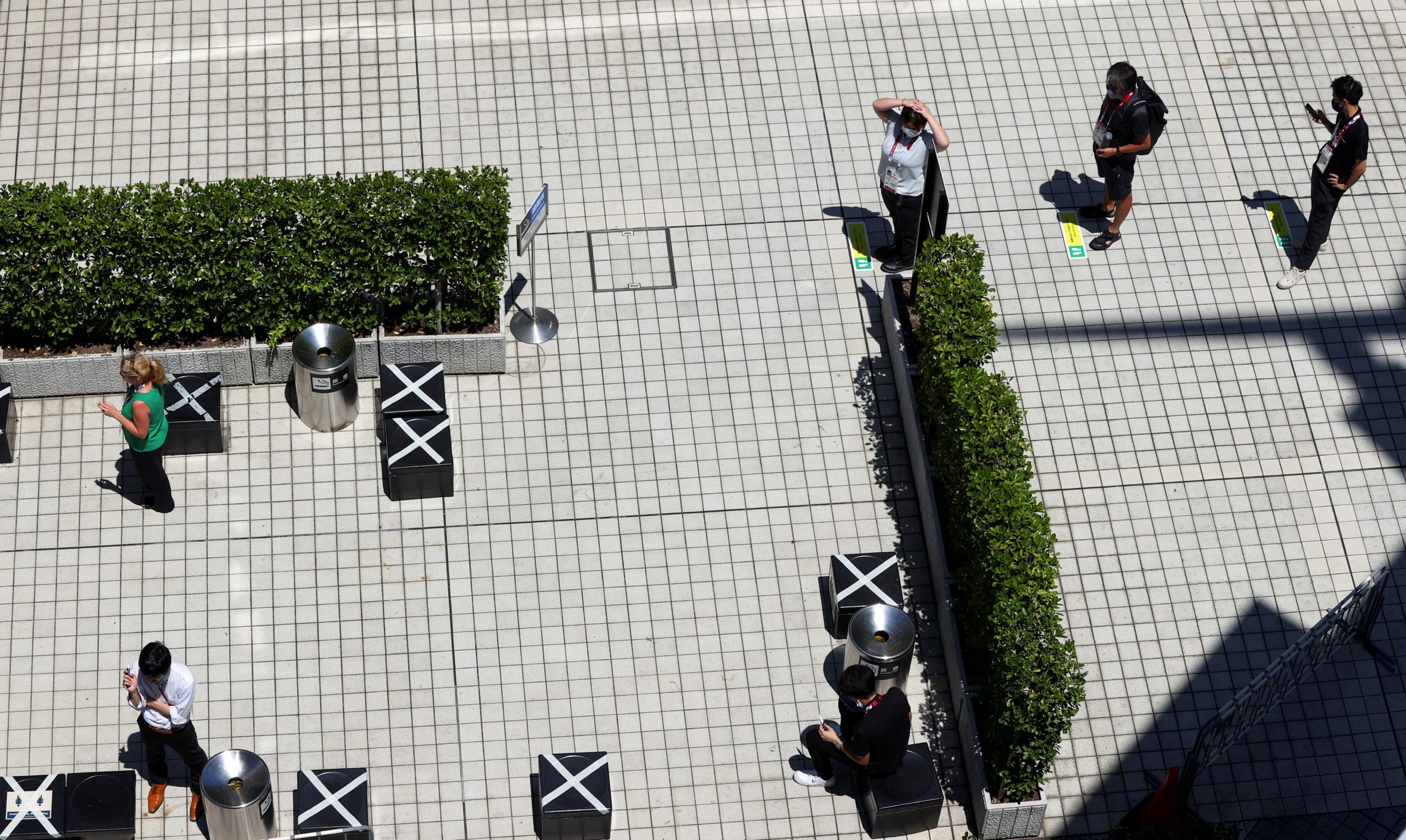
Ian Patrick, FISM News
[elfsight_social_share_buttons id=”1″]
Despite hosting the Olympic games, Japan decided to expand states of emergency to three prefectures near Tokyo and the western prefecture of Osaka as COVID-19 cases spike nationwide. The orders are set in place from August 2 – August 31, while existing states of emergency for Tokyo and southern Okinawa island will also be extended to August 31.
This is the island nation’s fourth state of emergency since the pandemic began. It was implemented as 64% of Tokyo’s hospital beds available for serious COVID-19 cases were filled by the middle of this week.
Prime Minister Yoshihide Suga called on his people to stay cautious and watch the Olympics on TV at home. Japan’s Health Minister, Norihisa Tamura, expressed concern over the people’s ability to return to such orders despite having tasted some freedom.
I think that people cannot see ahead and, worrying how long this situation will last, they find it unbearable that they cannot return to normal daily life.
However, Japan’s declarations for emergencies are mostly optional. Such a tactic is much different from lockdowns in other countries which typically enforce measures such as social distancing and masking. As is the case with many people worldwide, citizens are reluctant to stay at home any longer.
As far as its impact on the Olympic Games, both Suga and Olympics organizers have not established a link between the Games and the uptick in cases. Athletes are still required to follow strict rules to minimize their impact on the spread of the Delta variant in Japan.
